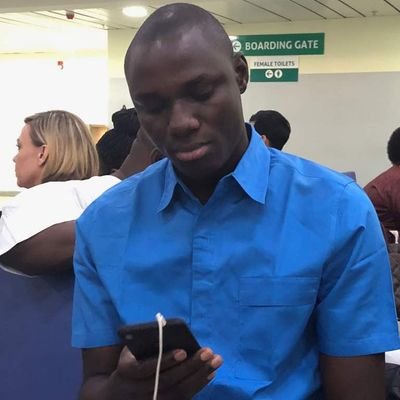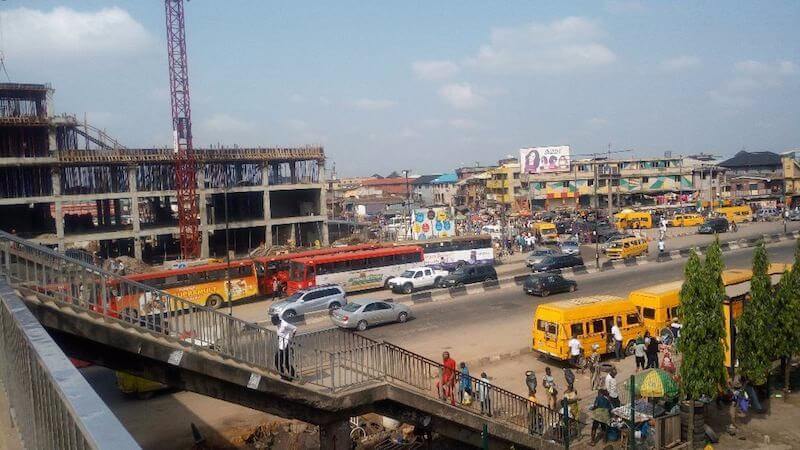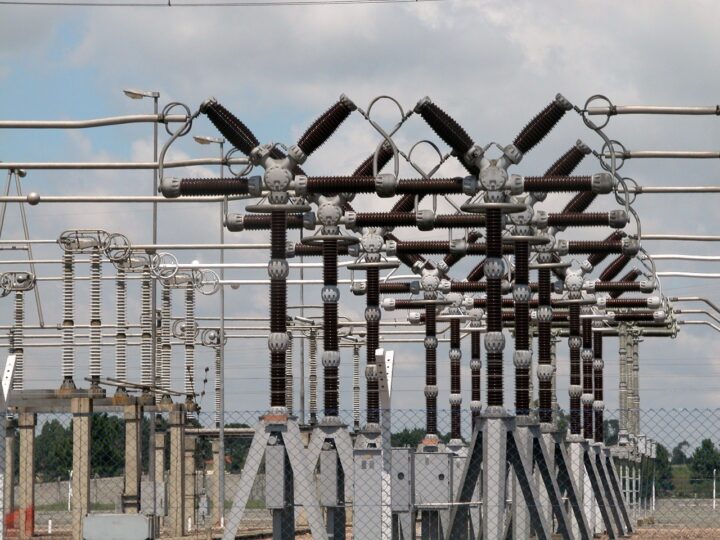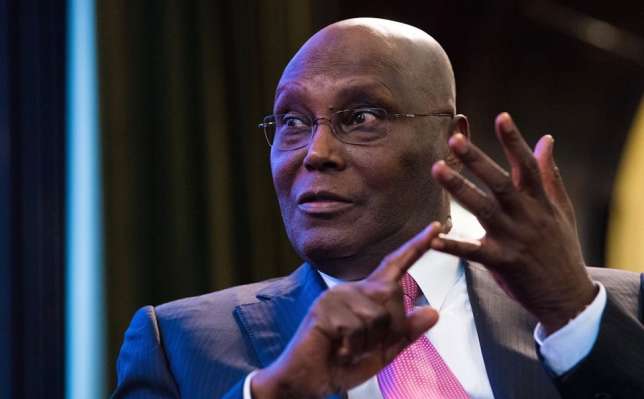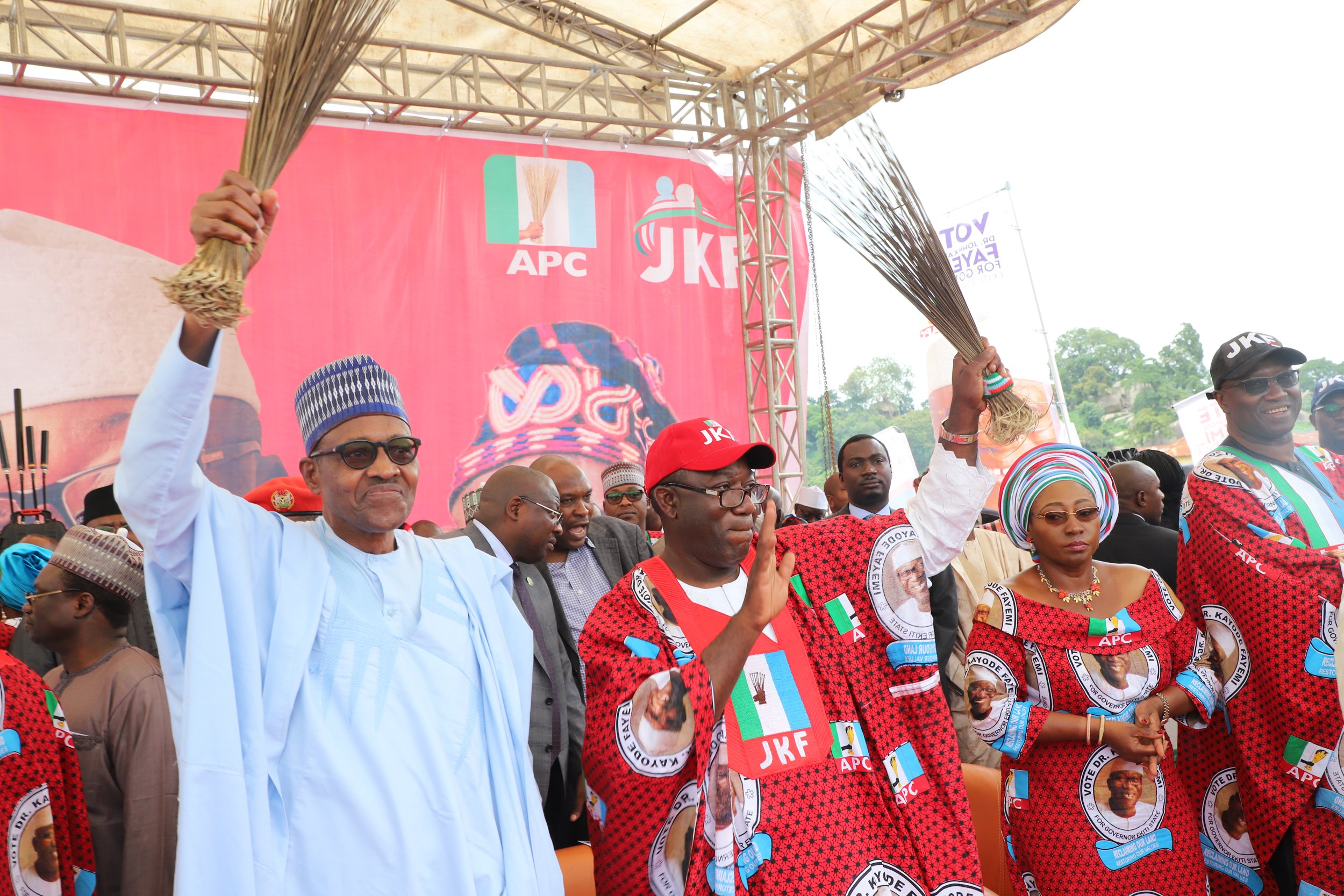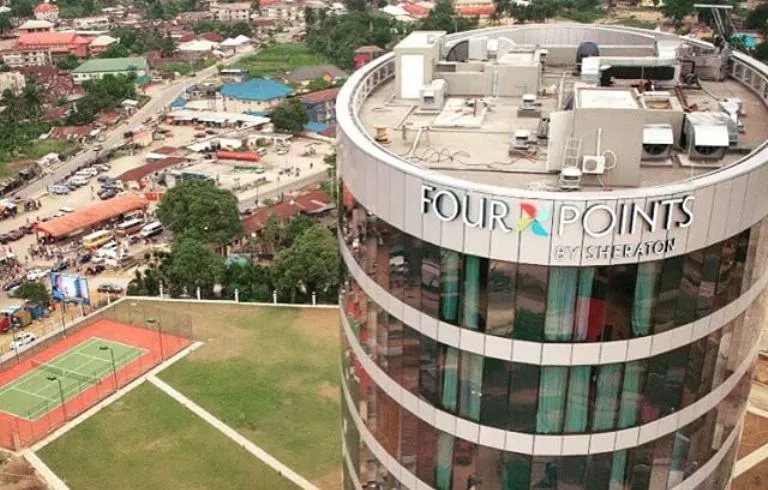BY AUSTIN MAHO
Last week, a Premium Times reporter, Samuel Ogundipe, in what amounts to a criminalisation of journalism, was arrested by the Nigerian Police for theft and unlawful possession of restricted and classified documents which in the opinion of the Police could jeopardise state security.
Ogundipe was arrested on Tuesday, August 14 and detained at the force headquarters and in an attempt to mitigate accusations of human rights violation, he was surreptitiously arraigned two days later in a magistrate court in Abuja.
In a statement by the force spokesperson Ogundipe was, “being investigated and prosecuted for the offences of theft and unlawful possession of restricted and classified documents inimical to state/national security that can jeopardise peace, breakdown of law and order capable of precipitating crisis in the country,”
Advertisement
These offences according to him, violates official secret act, cybercrime act, and the penal code law for which he has volunteered statements and is standing trial.
There have been an outrage over the detention of Ogundipe because the issue pertaining to his arrest and detention was already in the public domain, it has to do with the preliminary report of the Inspector General of Police to the Vice President who then acting as the President on the siege laid on the National Assembly by the Department of State Security a week earlier.
Details of the report were obtained by Ogundipe and published by the Premium Times. Obviously embarrassed by the leaked report the Police authorities decided to use brute force and coercion to compel the Premium Times reporter to disclose the source of the leaked report.
Advertisement
On failure to achieve its aim, and following public outcry the Police decided to seek refuge in court by charging the reporter with the archaic, obsolete and colonial official secrets act, and further stretching the charges to include a violation of the cybercrimes act, and the penal code, all in a desperate attempt to criminalise the lawful actions of a journalist in the lawful performance of his constitutionally guaranteed function of news gathering and holding government accountable to the people.
Viewed against the fact that another journalist was kept incommunicado in the DSS dungeon for two years without arraignment raises serious questions about the relationship between the media and the Nigerian security apparatus as there seems to be a serious attempt to stifle and intimidate the free press to submission at all cost in a democratic dispensation!
A discernible pattern exists that validates this position since the assumption of the current administration.
We recall that last December, the Nigerian Army had similarly accused Premium Times of ”unwarranted and serial provocative, unauthorized, libellous and defamatory publications against the person of Lt. Gen. T.Y. Buratai, the Chief of Army Staff and Nigerian Army counter-insurgency operations in the North East”
Advertisement
The police subsequently invaded the Abuja office of the online publication and arrested Premium Times publisher, Mr Dapo Olorunyomi, and its judicial correspondent, Evelyn Okakwu, and took them to the headquarters of the Federal Capital Territory Police Command. where they were held for several hours for charges bordering on criminal libel.
What has become obvious from the foregoing is the intimidation journalists and media houses for writing stories which are considered embarrassing or defamatory to persons in positions of power and have failed to come to terms that we are in a democracy and that freedom of the press is the pillar on which other societal freedom rests and holds the sacred duty of holding government accountable to the people by shedding light in the dark places of government.
The job of the press is disclosure, to be an irritant to those in the confines of government. It is precisely when the press is telling us what we don’t want to hear, when it is challenging the status quo and government officials, exposing government misconduct and refusing to be the unofficial mouthpiece of any government agency that the media can be said to be doing its job and justifies its constitutional protection.
Section 22 of the 1999 constitution as amended imposes a duty on the media to ensure that government is accountable to the people at all times by upholding the fundamental objectives contained thereof.
Advertisement
In recognition of the fact that citizens could not promote accountability and transparency in government without access to information, the fundamental rights of every citizen to freedom of expression, including the right to hold and impart ideas were enshrined in the Constitution. But some public officers have continued to use the machinery of the state, albeit illegally, to intimidate the free media by resorting to colonial statutes to unearth anti-media legislation like the official secrets act and dead provisions of the Criminal Code to intimidate journalists, which from all intents and purposes has been consequentially repealed and rendered nugatory and of no consequence by the provisions of the Freedom of Information Act.
It would be recalled that Justice Olatawura, JCA in the case of Arthur Nwankwo v. The State (1985), had voided these colonial and anti-press legislations. The defendant was charged with sedition under section 51 of the Criminal Code before an Onitsha High Court for publishing a pamphlet indicting then governor of Anambra state for corrupt practises. The learned Justice held inter alia:
Advertisement
“We are no longer the illiterates or the mob society our colonial masters had in mind when the law was promulgated…To retain S. 51 of the Criminal Code, in its present form, that is even if not inconsistent with the freedom of expression guaranteed by our Constitution will be a deadly weapon to be used at will by a corrupt government or a tyrant…Let us not diminish from the freedom gained from our colonial masters by resorting to laws enacted by them to suit their purpose.”
Evidently from the pronouncement of the Appeal Court over three decade ago all anti media and anti-freedom of expression legislations dating back to the colonial era still in our statue books have become obsolete and this includes the Official Secrets Act.
Advertisement
Eternal vigilance is the price of freedom. And as Justice Olatawura noted while delivering his judgement in the same case:
“The decision of the founding fathers of this present constitution which guarantees freedom of speech which must include freedom to criticize should be praised and any attempt to derogate from it except as provided in the Constitution must be resisted. Those in public office should not be intolerant of criticism. Where a writer exceeds the bounds there should be a resort to the law of libel where the plaintiff must of necessity put his character and reputation in issue.” Freedom of expression and by extension freedom of the press is a settled legal matter.
Advertisement
The resort by the Nigeria Police to these archaic and anti-media legislations to rope Ogundipe cannot in any material particular stand judicial scrutiny. What the police is doing is akin to punching the wind as the case against the Premium Times reporter is dead on arrival.
He can neither be coerced to reveal his source of information. The police should know better that it is within his journalistic privilege as universally acclaimed to protect his sources as long as the information is true and within the boundaries of the public right to know.
Premium Times and Ogundipe are not criminals, they should be commended for upholding the tenets of good journalism and as I have noted somewhere else (see my article on ‘Good Journalism and why it matters’) “Good Journalism exists in the service of justice, asking questions, telling the right stories. It is a check on power, ferreting out the stories that those who hold public office don’t want revealed, and reporting the truths that we, have the right to hear; good journalism make leaders accountable and protect us from sliding into totalitarian barbarism.”
It is good that many people and groups from across the world have spoken against the impunity and high handedness of the Nigeria Police it is only hoped that the police retrace its steps, withdraw its case against Samuel Ogundipe, apologise to Premium Times and Ogundipe so we can put this sordid affair behind us in the interest of democracy and our freedoms.
Austin Maho is a media scholar and practitioner based in Abuja. He can be reached on austinmahoame@gmail.com
Views expressed by contributors are strictly personal and not of TheCable.
Add a comment
